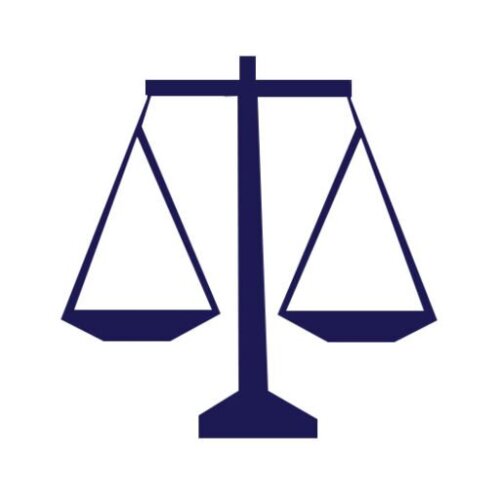Best Child Visitation Lawyers in Trikala
Share your needs with us, get contacted by law firms.
Free. Takes 2 min.
Free Guide to Hiring a Family Lawyer
List of the best lawyers in Trikala, Greece
About Child Visitation Law in Trikala, Greece
In Trikala, like the rest of Greece, child visitation law is governed by the Greek Civil Code. This gives both separated and divorced parents the right to maintain a relationship with their children after the end of their relationship. The best interests of the child are always given utmost priority, and the visitation rights are determined keeping this in mind. The courts tend to favor joint custody and visitation rights shared equally between both parents, but this may vary depending on individual circumstances.
Why You May Need a Lawyer
Legal advice may be needed in situations such as establishing an appropriate visitation schedule, modifying an existing visitation agreement due to changes in circumstance, or addressing violations of visitation rights. In any dispute related to child visitation, hiring a lawyer can be of immense help to understand your rights, navigate through the complex legal procedures, and represent your best interests in court.
Local Laws Overview
The key aspects of local laws in Trikala, Greece related to Child Visitation, focus on maintaining the child's welfare and the child's right to a relationship with both parents. The non-custodial parent generally has the right to regular visitation, unless such visits are deemed harmful to the child. The courts have the authority to determine the duration, frequency, and conditions of the visits. There may also be specific considerations for cases involving domestic violence or substance abuse.
Frequently Asked Questions
1. What factors do courts consider when determining visitation rights?
Courts consider several factors, including the child's age, the child's relationship with each parent, each parent’s ability to provide for the child’s needs, the mental and physical health of all parties, any history of domestic violence, and the child's own wishes, particularly when the child is older.
2. Can visitation rights be modified?
Yes, visitation rights can be modified if there are significant changes in circumstances and if the modification serves the best interest of the child.
3. What can I do if the other parent is not complying with the visitation agreement?
If the other parent is not complying with the agreed terms, you may file a complaint to the court. It may be beneficial to seek legal counsel to understand how to handle such situations.
4. What is supervised visitation?
In certain cases, the court might order supervised visitation where the non-custodial parent can only meet the child in the presence of a third party. This is usually in cases where the child's safety and well-being need to be ensured during the visits.
5. Can grandparents or other relatives get visitation rights in Greece?
Under Greek law, grandparents and other relatives have a right to file for visitation rights if it is in the best interest of the child.
Additional Resources
For more information or for help, you can reach out to the local police, social services, local Bar Association, and organizations dealing with family law in Greece. Online resources such as the Greek Ministry of Justice website and various family law advisories also provide valuable information.
Next Steps
If you need legal assistance with child visitation rights, the first step is generally to consult a lawyer who specializes in family law. They can help you understand the legal process, your rights, and guide you on how to present your case. It is essential to maintain all documents and records that may be relevant to your case.
Lawzana helps you find the best lawyers and law firms in Trikala through a curated and pre-screened list of qualified legal professionals. Our platform offers rankings and detailed profiles of attorneys and law firms, allowing you to compare based on practice areas, including Child Visitation, experience, and client feedback.
Each profile includes a description of the firm's areas of practice, client reviews, team members and partners, year of establishment, spoken languages, office locations, contact information, social media presence, and any published articles or resources. Most firms on our platform speak English and are experienced in both local and international legal matters.
Get a quote from top-rated law firms in Trikala, Greece — quickly, securely, and without unnecessary hassle.
Disclaimer:
The information provided on this page is for general informational purposes only and does not constitute legal advice. While we strive to ensure the accuracy and relevance of the content, legal information may change over time, and interpretations of the law can vary. You should always consult with a qualified legal professional for advice specific to your situation.
We disclaim all liability for actions taken or not taken based on the content of this page. If you believe any information is incorrect or outdated, please contact us, and we will review and update it where appropriate.









